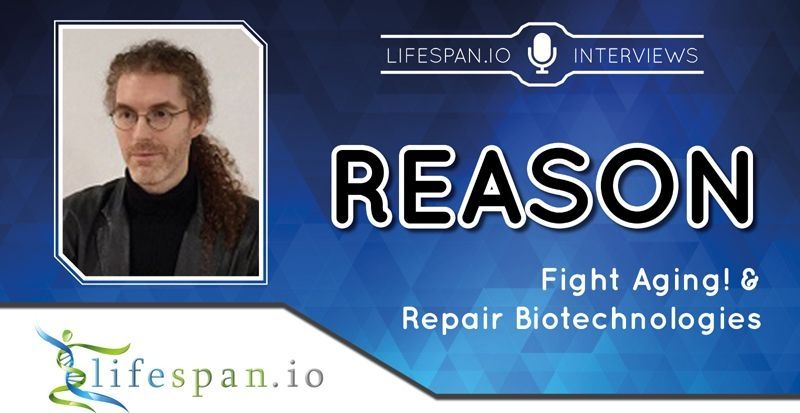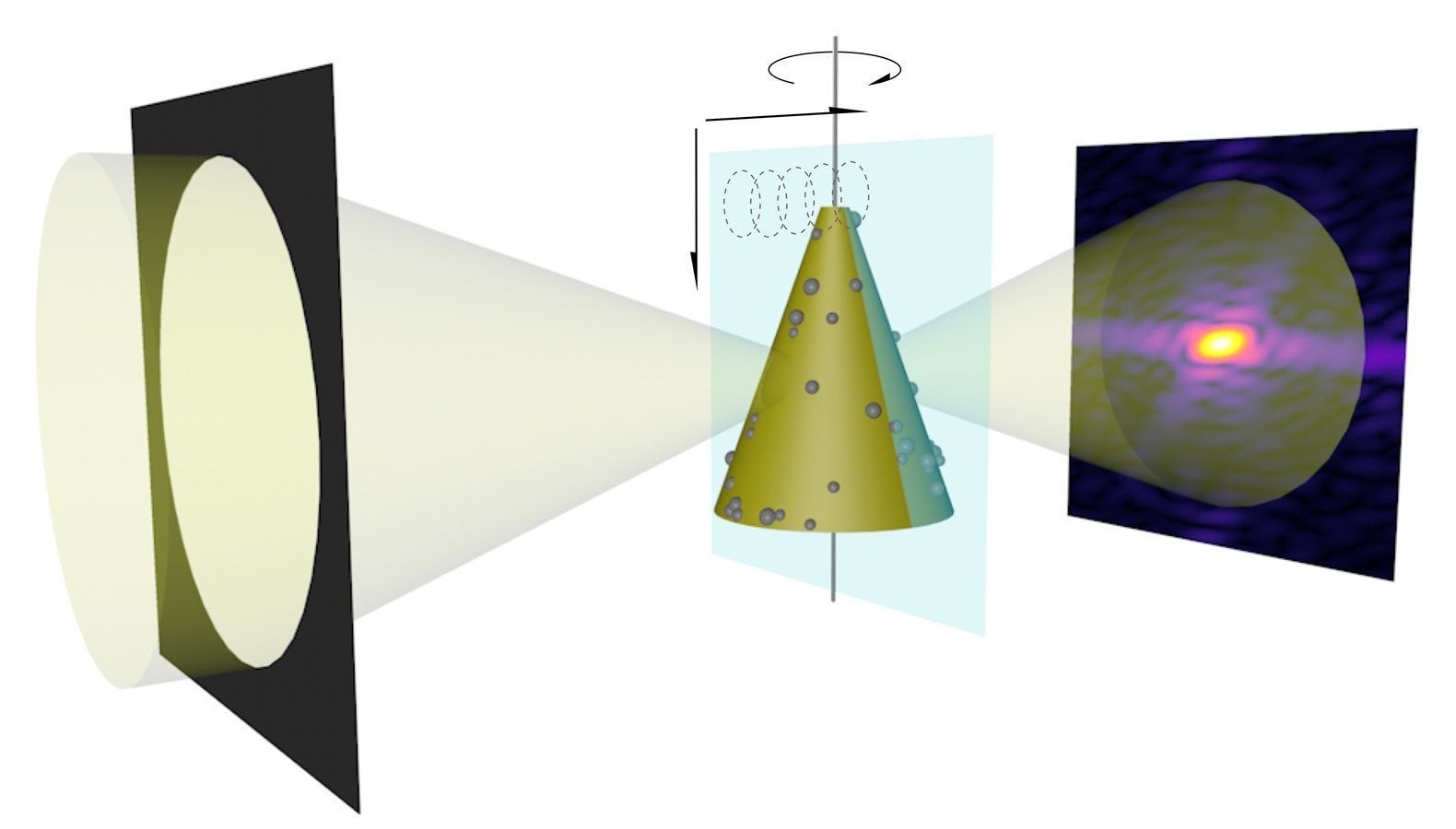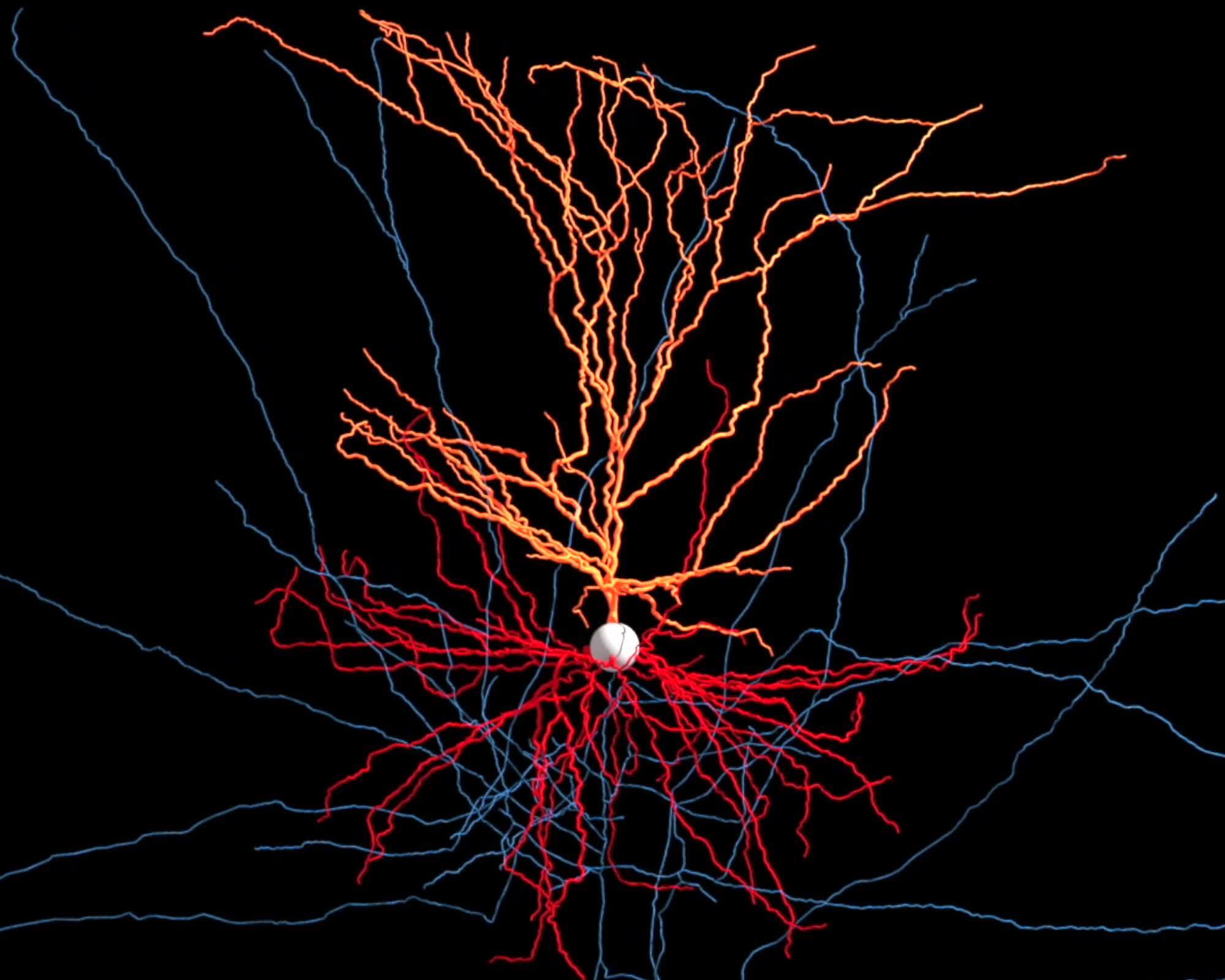Dec 14, 2018
Silicon Valley’s quest for immortality – and its worrying sacrifices
Posted by Derick Lee in categories: bioengineering, computing, life extension, neuroscience
Whether we will ever find a way to overcome the physiological trade offs that hold back immortality, or whether we will really be able to replicate human consciousness in a computer are questions too difficult for us yet to answer. But are those leading the charge against death at least inspiring us to lead healthy lives, or are they simply rallying against an inevitable fate?
Long read: How nature is fighting our attempts to use biohacking to live forever.
















